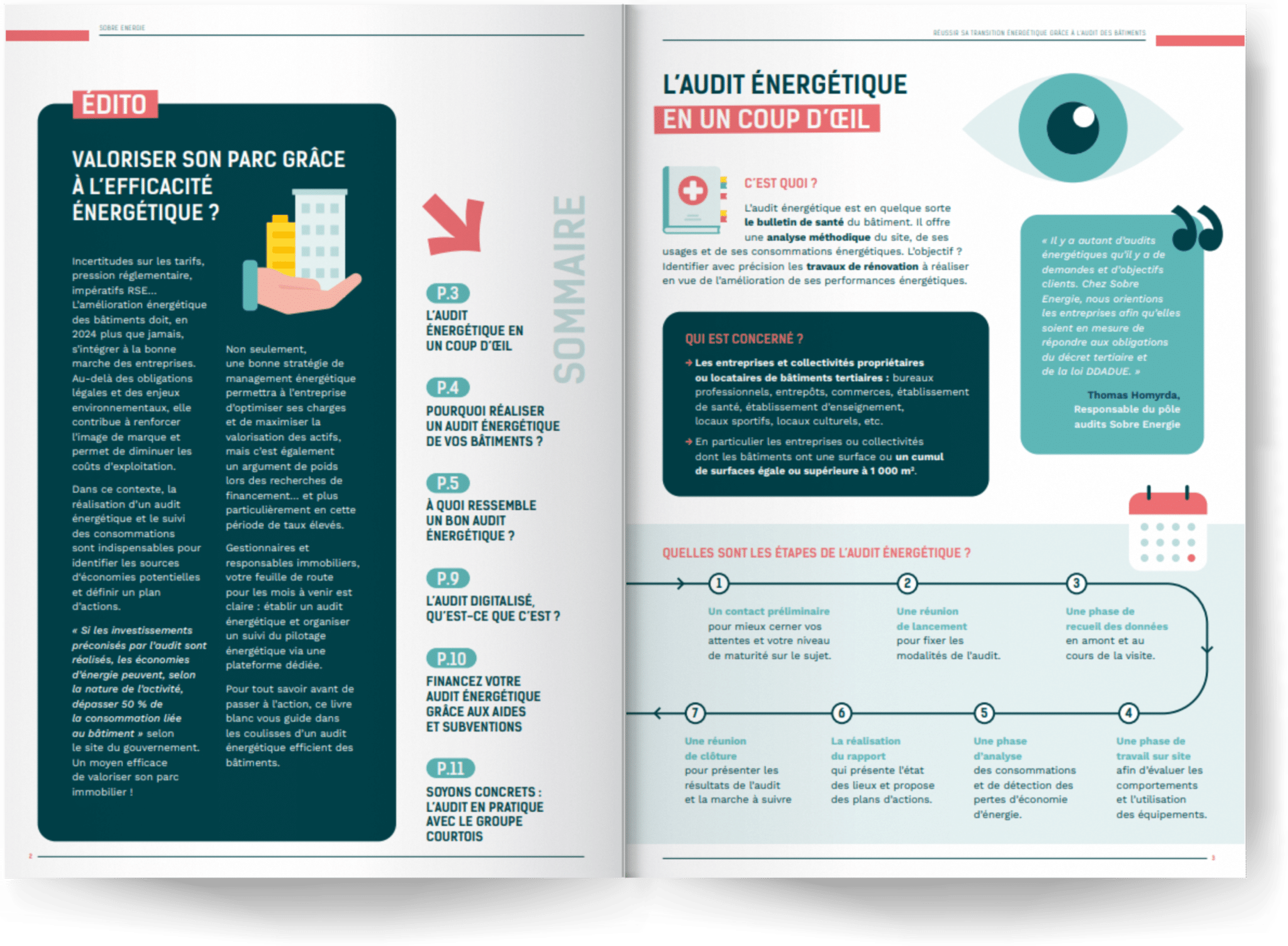La France connaît actuellement une vague de chaleur exceptionnelle pour la saison, avec des températures particulièrement élevées. Cette situation inhabituelle provoque la fermeture anticipée de nombreux établissements scolaires, dont les infrastructures ne parviennent plus à garantir un confort acceptable pour les élèves et le personnel enseignant.
Etat des lieux
Des vagues de chaleur précoces de plus en plus fréquentes
Le dérèglement climatique entraîne une augmentation significative des épisodes de canicule précoces. Selon Météo France, la fréquence des vagues de chaleur a doublé ces vingt dernières années, et leur intensité ne cesse d’augmenter. Avant 1989, la France enregistrait en moyenne 1,7 jour de vague de chaleur par an. Ce chiffre est passé à 8 jours entre 2000 et 2015, et atteint désormais 9,4 jours par an en moyenne sur la dernière décennie. Ces épisodes ne sont plus exceptionnels et deviennent récurrents et plus précoces, impactant directement le bien-être, la santé et la performance scolaire des élèves.
Un enjeu énergétique et de confort majeur pour les écoles
La vague de chaleur actuelle a conduit à la fermeture partielle ou totale de plus de 1000 écoles en France, en raison de conditions d'apprentissage jugées insupportables.
La majorité des établissements scolaires français n'a pas été construite en tenant compte des fortes chaleurs estivales, et encore moins de canicules régulières et précoces. On estime aujourd’hui que près de 75 % des écoles françaises souffrent d’une isolation thermique insuffisante, avec des infrastructures souvent âgées de plus de 40 ans, totalement inadaptées aux conditions climatiques actuelles.
Cette mauvaise adaptation a des conséquences directes : des températures intérieures pouvant atteindre voire dépasser les 30°C, une ventilation insuffisante, l’absence de dispositifs efficaces pour gérer les protections solaires ou encore le recours fréquent à des climatiseurs mobiles énergivores.
En plus de l’objectif du décret tertiaire qui impose aux établissements scolaires, de réduire progressivement leur consommation énergétique (de 40% d'ici 2030, 50% d'ici 2040 et 60% d'ici 2050), la notion de confort d'été devient ainsi un enjeu majeur, non seulement pour la santé mais aussi pour les coûts énergétiques des collectivités.
Les solutions
Adapter l'organisation scolaire face aux fortes chaleurs
Au-delà des solutions techniques et énergétiques, des leviers organisationnels peuvent également être envisagés pour limiter l'impact des vagues de chaleur sur les élèves et le personnel éducatif. Plusieurs pistes sont actuellement discutées ou expérimentées dans certaines collectivités :
- Avancer la fin de l’année scolaire : terminer les cours à la mi-juin permettrait d’éviter la période la plus chaude de l’année.
- Adapter les horaires de classe : commencer les cours plus tôt le matin et les terminer avant les pics de chaleur de l’après-midi pourrait améliorer significativement le confort et la concentration des élèves.
- Faire classe à l’extérieur : dans les zones disposant de parcs ou d’espaces ombragés, l’enseignement en plein air peut offrir un cadre plus agréable et moins exposé aux effets de la chaleur, tout en favorisant une pédagogie différente.
Ces solutions, bien que dépendantes du contexte local et des ressources disponibles, peuvent compléter efficacement les actions de rénovation énergétique en apportant des réponses rapides et pragmatiques aux épisodes caniculaires de plus en plus fréquents.
Financer la rénovation énergétique des établissements scolaires
Si la volonté de moderniser les bâtiments scolaires est forte, le financement reste un frein majeur pour de nombreuses collectivités. Pour les accompagner dans cette transition, plusieurs dispositifs de soutien existent.
Parmi eux, le programme EduRénov, lancé par l'État dans le cadre du Fonds Vert, vise à accélérer la rénovation énergétique de 10 000 écoles d’ici 2022 en finançant des audits, des travaux de performance énergétique et des solutions de confort d'été. Il s’inscrit dans la stratégie de planification écologique du gouvernement et permet de mobiliser à la fois des fonds publics et privés.
Autre outil mobilisable : le Marché Global de Performance Energétique (MGPE PD). Ce dispositif contractuel permet aux collectivités de confier à un opérateur unique la conception, la réalisation, l’exploitation et la maintenance des travaux de rénovation avec un engagement de performance. Il sécurise le résultat énergétique sur le long terme et facilite l’accès aux financements via des partenariats publics-privés.
Ces mécanismes permettent d’amorcer des rénovations ambitieuses pour améliorer le confort d’été et entrer en conformité avec les objectifs du décret tertiaire.
Sobre Energie : accompagner les collectivités pour répondre à ces défis
Face à cette urgence, Sobre Energie met à disposition des collectivités son expertise pour répondre à la fois aux exigences du Décret tertiaire et aux défis posés par le confort d'été dans les écoles. Grâce à des diagnostics énergétiques précis et à une plateforme de management énergétique dédiée DATAMARC NEO, nos équipes peuvent identifier rapidement les leviers d'amélioration et suivre les performances énergétiques des bâtiments dans la durée.
Notre approche globale inclut notamment :
- La préconisation ciblée des APE les plus pertinentes selon la configuration du bâtiment et ses usages
- L’aide à la mise en conformité avec le Décret tertiaire, en assurant le suivi régulier des objectifs de réduction via notre plateforme de management énergétique intuitive, collaborative et performante.
- Un programme d'engagement sur-mesure, pour impliquer tous les acteurs concernés dans la réussite de la démarche de sobriété énergétique.
Dans un contexte où les vagues de chaleur vont continuer à s’intensifier, il est indispensable pour les collectivités de s'engager dès aujourd'hui dans une démarche proactive et durable.
Sobre Energie est là pour vous accompagner et assurer ainsi le confort, la sécurité et la performance énergétique des établissements scolaires sur le long terme.
Sources :
Météo France – Statistiques des vagues de chaleur
National Geographic – Cycles caniculaires en France
Le Monde – Fermetures d’écoles en raison de la canicule
Statista – Nombre de jours de canicule en France
